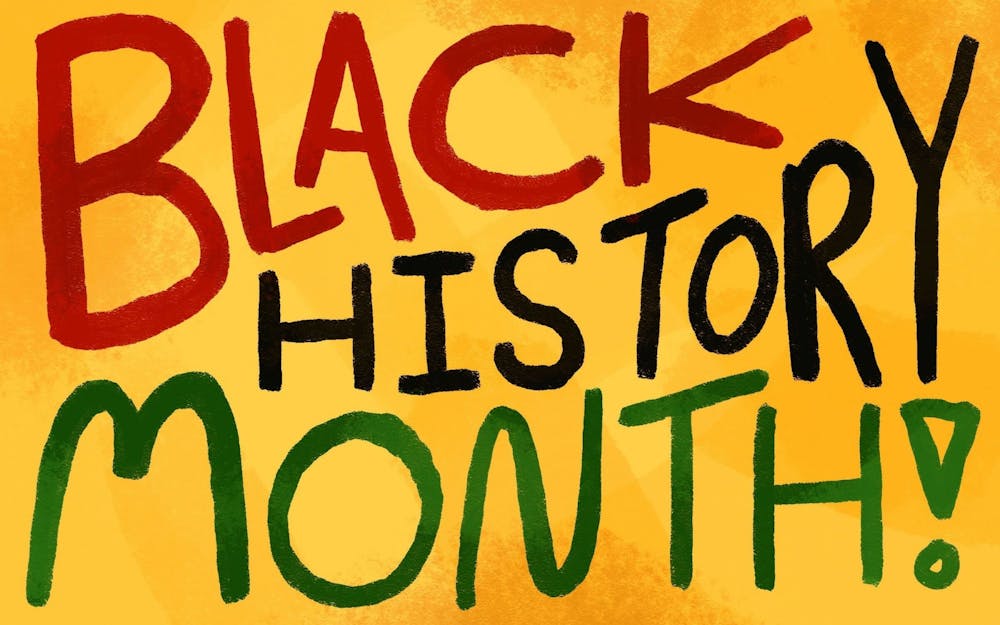The month of February is not just the shortest month of the year. It is also Black History Month.
Black History Month was established as a celebration of achievements made by African Americans, then and now. It is a time to recognize our role in society and U.S. history.
It all began with the Thirteenth Amendment in 1915, which abolished slavery.
In September of 1915, Carter G. Woodson and minister Jesse E. Moorland founded the Association for the Study of Negro Life and History, which is now known as the Association for the Study of African American Life and History. This organization is dedicated to promoting and researching achievements made by African Americans and other people of African descent.
Woodson believed young African Americans weren’t being taught their heritage enough and wanted to do more. He decided to reach out to his fraternity, Omega Psi Phi, which created Negro History and Literature Week in 1924.
But he wanted something bigger.
In February 1926, he sent out a press release announcing the first Negro History Week. He chose it to be in February because both Abraham Lincoln and Frederick Douglass' birthdays are in this month. Both were prominent men whose historic achievements were already celebrated by Black people.
It wasn’t until 1976 when President Gerald Ford officially recognized February as Black History Month.
Ford said it was time for this country to “seize the opportunity to honor the too-often neglected accomplishments of Black Americans in every area of endeavor throughout our history.”
Since then, every American president has kept the tradition of recognizing Black Americans' impact in today’s society and has endorsed a theme.
This year's theme is Black Health and Wellness, which seems fitting in today’s climate.
This theme acknowledges the legacy of Black scholars and practitioners in the field of medicine. It is broadening what Americans think of health and wellness. It stresses the importance of our mental health and overcomes the stigma of mental health issues being a bad or unrealistic thing.
Black History Month wasn’t made to try and single other races out. The history of the United States is celebrated all year long. It’s taught in the school systems and even has a symbolic day, the Fourth of July.
This month is a time to help keep our ancestors' names alive and reflect on how Black people played a part in shaping society. It is a time to celebrate how far we have come while acknowledging what still needs to be done in our community.
In the wise words of Carter G. Woodson, “If race has no history, it has no worthwhile tradition, it becomes a negligible factor in the thought of the world and it stands in danger of being exterminated.”






